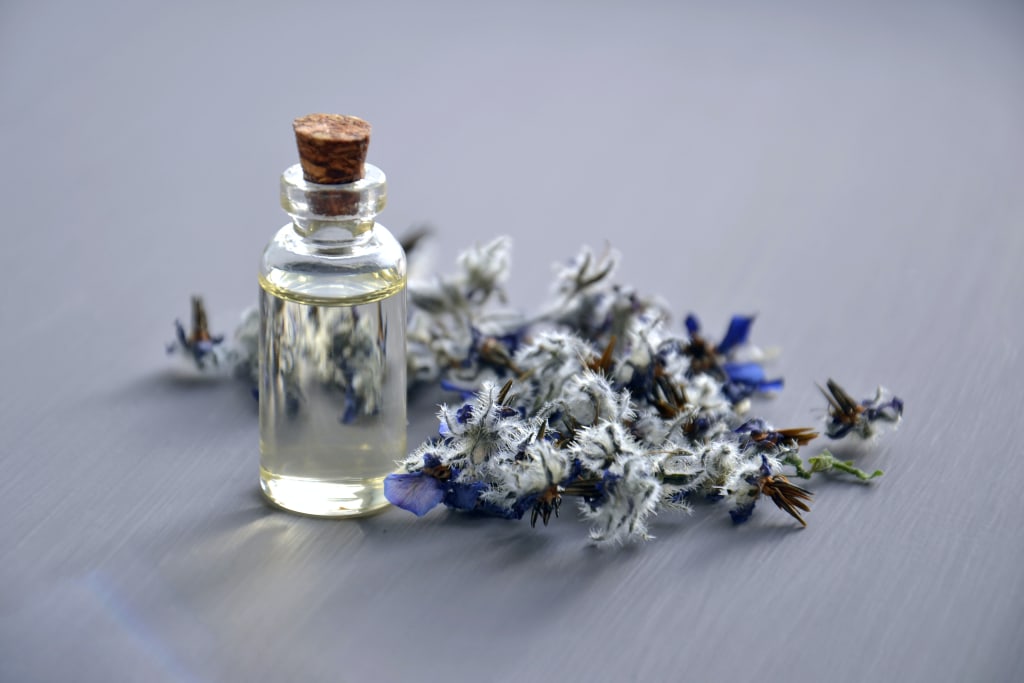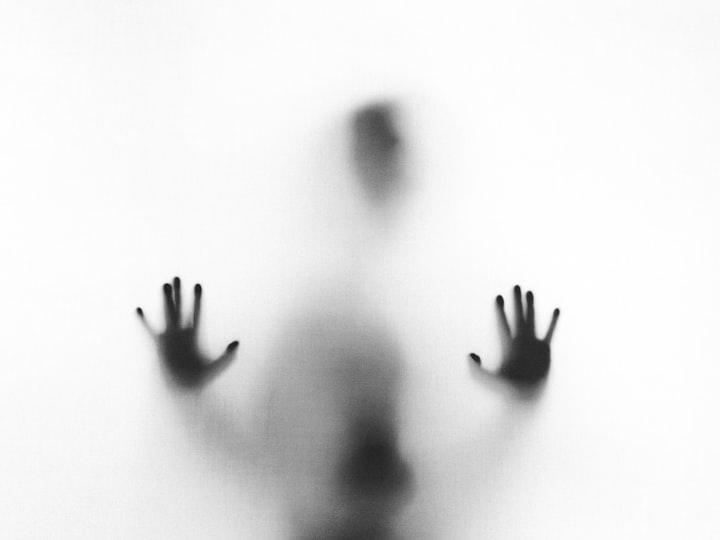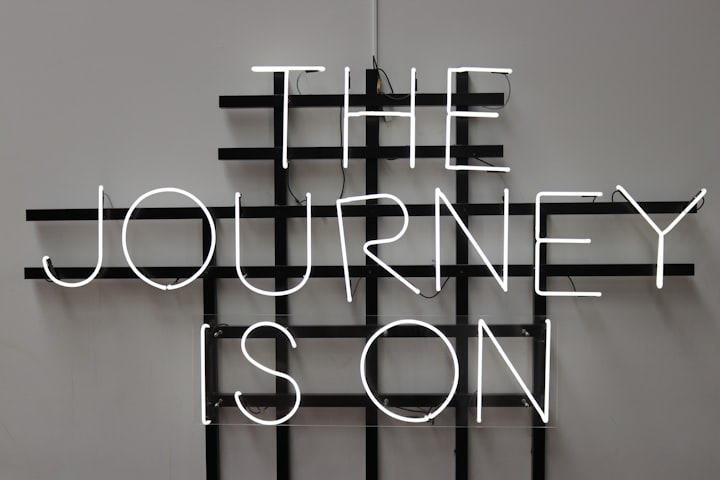The Aromatic Journey
"Uncovering the Alluring History of Fragrance from Ancient Egypt to Modern Times"

The history of perfume is a rich and fascinating one that has been with us for centuries. Perfumes are not just a simple combination of fragrant oils, but they have a deep cultural and social significance that reflects the times in which they were created. From the ancient Egyptians to modern times, perfume has been a part of our lives and culture. In this article, we will take a closer look at the history of perfume and how it has evolved over time.
Ancient Times
Perfumes have been a part of human culture for thousands of years, with their use dating back to ancient times. Egyptians were known to use perfume extensively in their daily lives, and their love for fragrances was deeply ingrained in their culture.
The Beginnings of Egyptian Perfume
The use of perfume in ancient Egypt can be traced back to 2000 BC. The Egyptians used a wide range of materials to create fragrances, including plants, flowers, and resins. They would extract oils from these materials and use them to create perfumes. The perfumes were then used in religious ceremonies, burials, and everyday life.
The Egyptians believed that perfumes had magical properties, and they used them to connect with their gods. Perfumes were also believed to have medicinal properties, and they were used to treat a variety of ailments.
Perfumes in Ancient Egyptian Society
Perfumes were an integral part of ancient Egyptian society, and they were used by both men and women. The use of perfumes was not only limited to the upper classes but was also prevalent among the common people. The wealthy would have their own personal perfumer who would create customized fragrances for them.
The Egyptians used perfumes in a variety of ways. They would apply them to their bodies, clothes, and even their homes. They believed that the fragrances would not only make them smell good but would also ward off evil spirits.
The Egyptians also used perfumes in their religious ceremonies. They believed that the scent of perfumes would please the gods and bring them closer to their deities. They would burn incense and offer perfumes to their gods in their temples.
Middle Ages
During the Middle Ages, perfume was seen as a symbol of luxury and prestige. It was not just used for its pleasant scent but also for its medicinal properties. Many perfumes during this time were made from natural ingredients such as herbs, flowers, and spices. These ingredients were believed to have healing properties and were used to treat various ailments.
Perfume was also used as a form of self-expression. It was used to create an identity, to show one's status in society, and to enhance one's personal charm. Perfume was even used to mask unpleasant body odors, which were common during that time because of poor hygiene.
Perfume Making during the Middle Ages
The process of perfume making during the Middle Ages was a complex one. It involved the extraction of essential oils from various natural ingredients. These oils were then mixed with other ingredients to create the final fragrance.
One of the most popular methods of perfume making during the Middle Ages was distillation. This involved heating the natural ingredients to release their essential oils, which were then collected and mixed with alcohol. This method is still used today in modern perfumery.
Modern Times
In the 19th century, the birth of modern perfumery marked a significant turning point in the evolution of fragrances. The discovery of synthetic compounds allowed perfumers to create scents that were more consistent and longer lasting. This era also saw the rise of several legendary perfumers, including Guerlain, Coty, and Caron.
In the 20th century, the world of perfumery changed again with the rise of designer fragrances. Perfumers began to collaborate with fashion designers to create scents that were specifically tailored to their brand. Chanel No. 5, created by Ernest Beaux for Coco Chanel in 1921, was the first designer fragrance and remains one of the most iconic perfumes of all time.
Today, designer fragrances are a multi-billion-dollar industry, with a vast array of scents available for both men and women. The perfume market continues to evolve, with new fragrances being launched every year.
The Science of Fragrances: How Perfumes are Made
Perfume making is both an art and a science. The key ingredients in perfumes are essential oils, which are extracted from flowers, fruits, and other natural sources. Synthetic compounds are also used to create more complex and long-lasting scents.
Perfumes are made by blending essential oils and synthetic compounds with a solvent, such as alcohol or oil. The blend is then aged for several weeks to allow the scents to develop and mature. The resulting fragrance is then bottled and sold.
The Future of Perfumes: Innovations and Trends
As the perfume industry continues to grow and evolve, we can expect to see new innovations and trends in the world of fragrances. One of the most exciting areas of development is in the use of natural and sustainable ingredients. Perfumers are increasingly using plant-based extracts and biodegradable materials to create scents that are both eco-friendly and luxurious.
Another trend is the rise of unisex fragrances. In the past, perfumes were often marketed specifically to men or women, but today's consumers are seeking scents that are gender-neutral and adaptable to any occasion.
Perfume and the Senses
Perfume has a unique ability to evoke emotions and memories, and it can be used to create a mood or set a scene. The sense of smell is one of the most powerful of all the senses, and it has the ability to trigger memories and emotions in a way that no other sense can. The right fragrance can transport us to another time and place, and it can create a sense of nostalgia or comfort.
Conclusion
The history of perfume is a long and fascinating one that has evolved over time to become an essential part of our lives and culture. From its origins in ancient Egypt to the modern-day perfumes of today, perfume has been used to connect with the divine, signify social status, and mask unpleasant smells. Today, perfume is a multi-billion-dollar industry that spans the globe, and it has the ability to evoke emotions and memories in a way that no other sense can.
About the Creator
vijideepak
I hope to inspire, inform, and entertain the readers, and to create a community of like-minded individuals who share his love of storytelling and the written word.






Comments
There are no comments for this story
Be the first to respond and start the conversation.